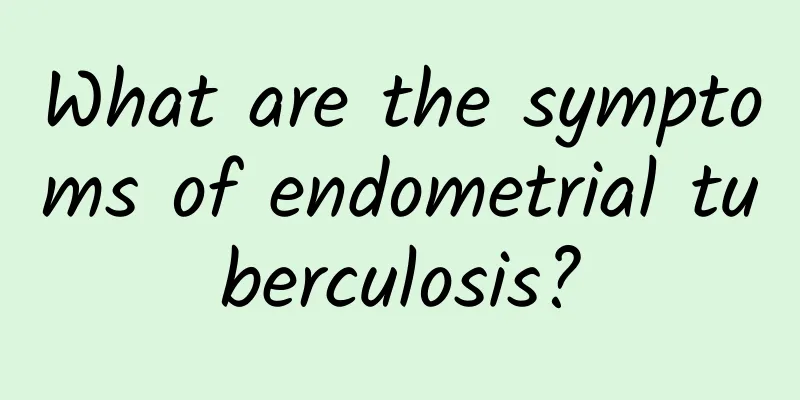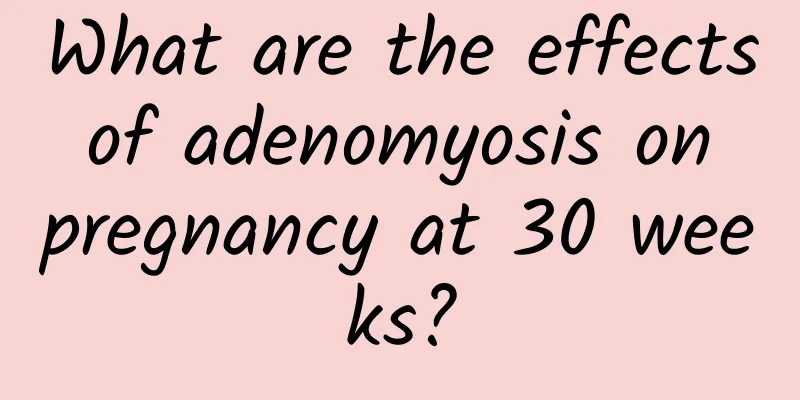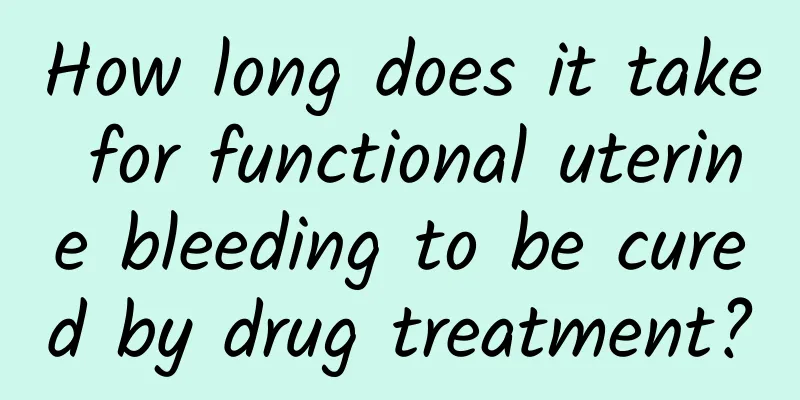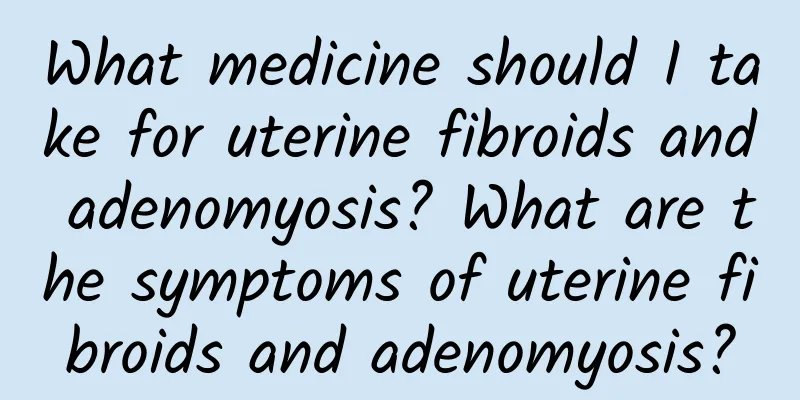What are the dangers of ovarian cysts
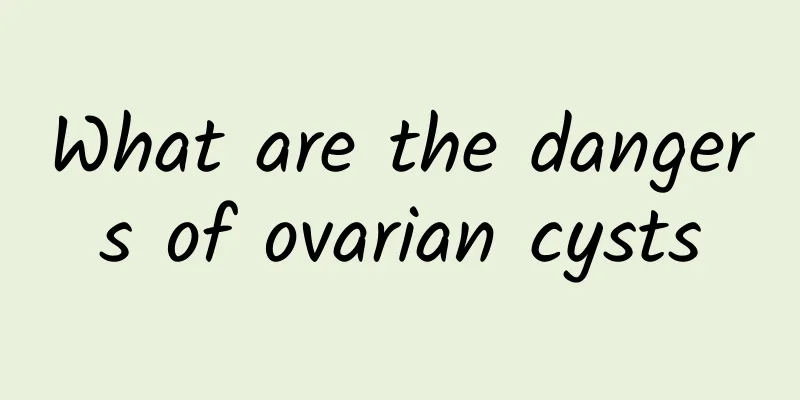
|
Ovarian cysts may cause reproductive health problems, discomfort symptoms, and even the risk of cancer, and need to be identified and properly treated as soon as possible. The hazards of ovarian cysts can be divided into three aspects: compression symptoms, reproductive effects, and malignant transformation. The specific situation needs to be judged according to the type and development of the cyst. It is recommended to seek medical attention in time for a clear diagnosis and choose appropriate treatment methods. 1Compression symptoms and complications Larger ovarian cysts may compress surrounding organs, causing uncomfortable symptoms such as abdominal distension, frequent urination, and constipation. Some cysts, such as congestive or inflammatory cysts, may also induce acute abdominal pain, severe discomfort, and even cyst rupture. In severe cases, it may cause ovarian torsion, hinder the normal blood supply to the ovaries, and cause damage to the reproductive organs. In treatment, ultrasound can be used to monitor the size and nature of the cyst. For larger simple cysts, laparoscopic surgery is a common option; if the patient's condition is not suitable for surgery, the doctor may recommend hormonal drug intervention. 2 Potential impact on fertility Ovarian cysts may hinder normal ovarian function, affect ovulation or fertilization, and cause fertility difficulties for some women. Especially corpus luteum cysts or polycystic ovary syndrome require special attention. For fertility problems, doctors may prescribe ovulation-inducing drugs, such as clomiphene, or recommend assisted reproductive technologies such as in vitro fertilization. 3 Risk of malignant transformation Certain types of ovarian cysts, such as complex cysts or cysts that increase in diameter rapidly, may have the potential risk of malignant transformation. If a cyst is diagnosed as cancer, early detection and intervention are essential. Patients with malignant cysts usually require further diagnosis, and treatment options include radical surgery, chemotherapy, or targeted drug therapy. For example, platinum chemotherapy drugs such as carboplatin are common in the treatment of certain ovarian cancers. Regardless of the specific cause, the harm of ovarian cysts cannot be ignored. If you feel abnormal abdominal pain or period disorders, you need to see a doctor as soon as possible and choose the appropriate treatment according to the doctor's advice. Pay attention to regular gynecological examinations so that you can better maintain your health. |
<<: Will uterine fibroids eat blood?
>>: What medicine can cure endometritis and pelvic inflammatory disease faster?
Recommend
A careful examination is necessary before painless abortion
A detailed examination is necessary before a pain...
Can congenital absence of vagina be cured?
Can congenital absence of vagina be cured? For a ...
Survey shows: 20-30 years old is the most susceptible group for cervical erosion
Cervical erosion is largely related to sexual lif...
Can pelvic inflammatory disease cause infertility? Be sure to treat it in time
Many women of childbearing age suffer from pelvic...
How do you know if you have an ovarian cyst?
The ovaries are the main organs of female physiol...
What can easily cause miscarriage? Here are 5 things
Pregnancy is a very happy thing for most people. ...
Gynecological diseases Precursors of uterine fibroids
Uterine fibroids are one of the most common benig...
Is it good to eat pigeon soup after miscarriage? Can you drink it often?
Is it good to eat pigeon soup after miscarriage? ...
What are the causes of acute cervicitis?
Generally speaking, the incidence of acute cervic...
Does uterine cold and pelvic inflammatory disease affect pregnancy?
Uterine cold and pelvic inflammatory disease may ...
Severe complications of ovarian cysts should be noted
There are many complications of ovarian cysts. Wh...
Uterine prolapse and weakened pelvic floor muscles... 3 Kegel exercises to strengthen
Don’t underestimate the role of your pelvic floor...
What to eat after menstruation to replenish qi and blood? These four types of food replenish qi and blood
Most Chinese women suffer from insufficient Qi an...
Acute and chronic adnexitis may present with different symptom characteristics
Acute and chronic adnexitis may have different sy...
Three types of vulvar leukoplakia
Vulvar leukoplakia is a common and frequently occ...



